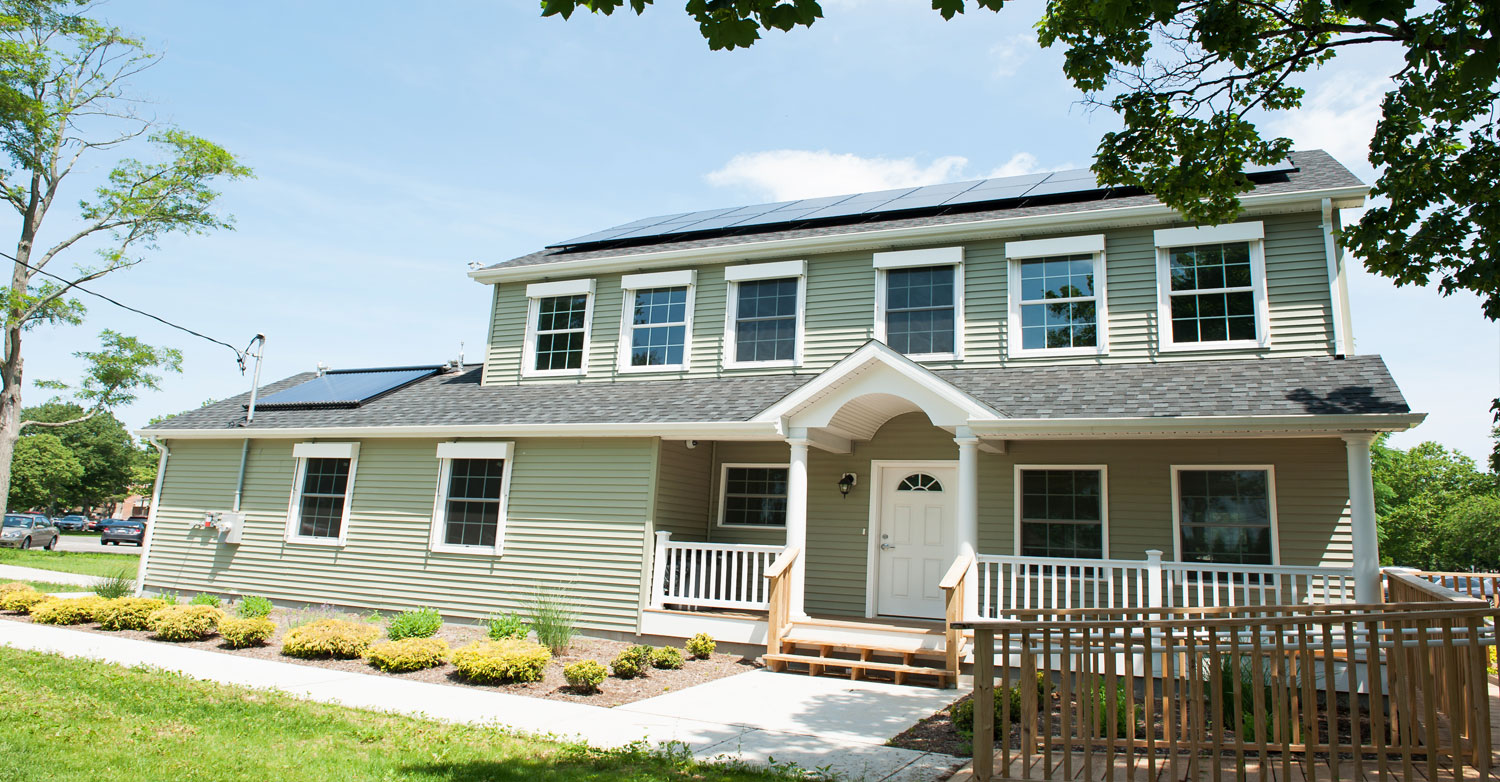
It’s the first of its kind in the East, and the first one on any of the 64 SUNY campuses. In other words, it’s a big deal. Especially in the booming world of “green” technology.
It’s the Smart Energy House at Farmingdale State College. It’s “Smart” because it’s equipped with a smart meter, which will control all of the appliances in the house, even from remote locations. The “Energy” part refers to the way the house is powered: solar energy, solar thermal for hot water, and a soon-to-be-installed hydrogen fuel cell, to power the house on cloudy days and at night. And speaking of green energy, one of the bedrooms will have a renewable energy treadmill. Exercise and save on your energy bill all at the same time.
Curious? The house – a 2,000 square-foot, single family, three-bedroom residence – had its ribbon cutting on April 30 at 11 a.m., and the public were all welcome to attend.
“The Smart Energy House is a great addition to Farmingdale’s demonstration projects to educate our students and the community on the smart use of energy,” said Hubert Keen, president of Farmingdale State College. “Just as youngsters from years ago came to Farmingdale to see chicks hatch, today’s school children will come to learn about ways to save energy.”
The project was initiated four years ago, in collaboration with LIPA and Stony Brook University; it has been funded by the U.S. Department of Energy. Says Project Manager Dr. Kamal Shahrabi, Dean of Farmingdale’s School of Engineering Technology, “It is one of the long-term goals of Farmingdale to promote and educate our students and the public in green technology areas.”
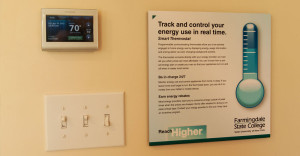
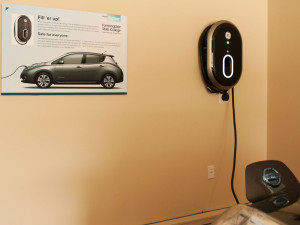
The house is so self-powering that it can work completely off the PSEG grid, Dr. Shahrabi adds. Other features of the house include:
- Automated venetian blinds that are controlled by temperature and sunlight. They act as a heat-shield in the summer and extra insulation in the winter.
- Household appliances that are totally energy efficient.
- A charging station for an electric car.
- 20 solar panels.
- A “Wiser” system that can interpret demand response, time-of-day and critical peak pricing. It controls the home equipment to conserve energy and costs.
- Smart Plugs that monitor and manage electricity use for small appliances and lamps.
- Load Control Relays that reduce peak energy usage and costs.
- Programmable smart thermostats.
The house is only the latest component in Farmingdale’s commitment to being a “green” campus. A little more than a year ago, the college installed the first SUNY carport/charging station. It accommodates 20 electric vehicles, and draws its power from 390 solar panels. Three wind turbines contribute power to the campus grid. Sustainable gardening practices are taught and on display at the campus gardens, where fresh organic vegetables are sold in the summer.
And the Renewable Energy and Sustainability Center creates public awareness of emerging renewable energy resources through a focus on applied research and workforce training in the renewable/sustainable and smart grid technologies. Director of the Renewable Energy and Sustainability Center Professor Marjaneh Issapour said “This is a realistic smart energy demonstration house that will make sense to everyone who tours it.” She added that regular tours of the Smart Energy House will be available to the public after April 30.
To register for a tour, call Farmingdale State College at 631-794-6175.
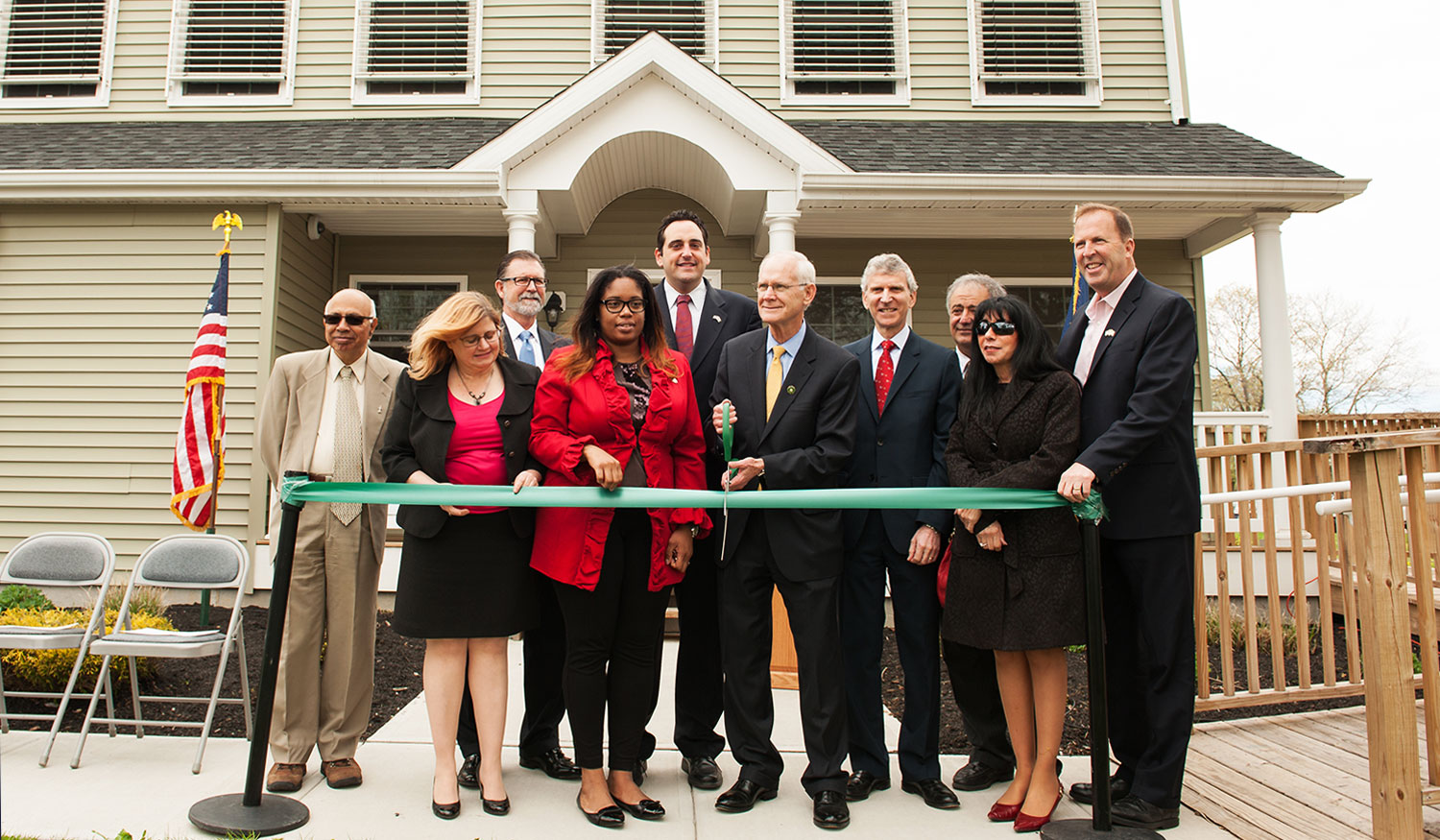


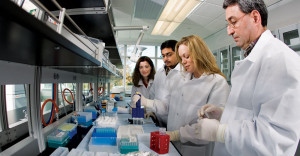

I think its a great idea of how you can add more value to your home. We can call it a “smart home”. Loved this concept and I will definitely try to upgrade my home accordingly. Looking forward to such amazing posts.
Great post! It’s important to be aware of sustainability and invest in green homes.
Love the idea of treadmill for renewable energy. : ) : ) : )
They failed to mention in the story that the underline reason to build this home on campus was so that FSC can receive a grant from the Government each year. FSC needed this to match the requirements to get this grant of undisclosed money. This is a great example of an entity profiting off of something that should be morally satisfying.
We recently bought a Nest thermostat—just one small step on the way to a sustainable house like this one— but we love how it helps us monitor and adjust our usage. I’d love to get an elliptical that would charge our Apple devices. That would be cool.